Description
“Anti-national” is the most heard word in India today. Union ministers and party leaders use it to describe members of the parliamentary Opposition, as well as men and women in trade unions, students and teachers in universities, dissidents and independent thinkers in Akademies of Art and Literature, and the few who dare write speak in the Media.
The other word most heard is “Lynching”.
India has changed much in the four years between 2014 and 2018, but perhaps not in the manner the citizens expected or hoped for when they were told by Mr Narendra Modi that he would bring them the good days, or good times they sought – Achhey Din as people speak of them in Hindi or in his native Gujarati. These days were to be new and well paid jobs for the tens of millions of young and women coming out of India’s schools and colleges. These were to be fair price for the crops produced by farmers, and fair wages for labour. This was to be a nation free of corruption, with a bonus in the return of all the black money that India’s privileged and entitled classes had stashed away in Swiss banks. These were to be days of peace at the borders with India’s neighbours. And this was to be peace in the land which had been repeatedly torn and wounded in targeted violence focussed on caste, or religion.
As the fourth year of Mr Modi’s term in office ends and the countdown begins for a general election, this Report casts an eye on the Indian landscape on which Mr Modi has already left such an indelible, but hopefully, reversible mark.
The hate campaigns by state and non-state actors, including several ministers of the Union and state governments and senior functionaries of the party, remains a constant as the physical violence, the death and the injuries, waxes and wanes in rhythm with the regular campaigns for state legislatures, and often enough, even municipal elections. Aggravating it is state impunity, official collusion in harassment, and the continuing repressive laws that severely curb Freedom of Religion and Belief. India is a signatory to United Nations and other international declarations, covenants, and treaties on this most fundamental of human rights, and the communal violence and polarisation has attracted the attention of international human rights organisations, civil society networks and global media.
The Report has a comprehensive set of tables covering the impact of the regime on most segments of life. This included communal and targeted violence against religious minorities. This data has not been released by the National Commission for Minorities, or by the National Crime Research Bureau, and in fact there seems reluctance to document many hate crimes, specially lynching fuelled by communally charged hate campaigns over social media. It has been a painstaking work by organisations working amidst the communities and the researchers who helped the Editors tabulate them to fit into the Report.
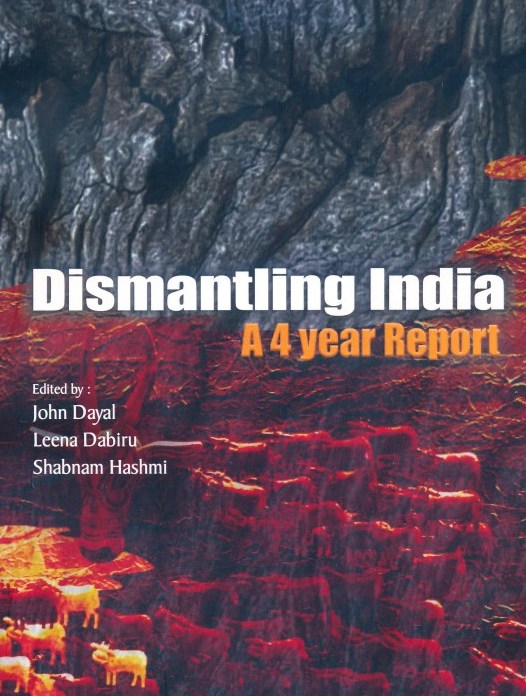
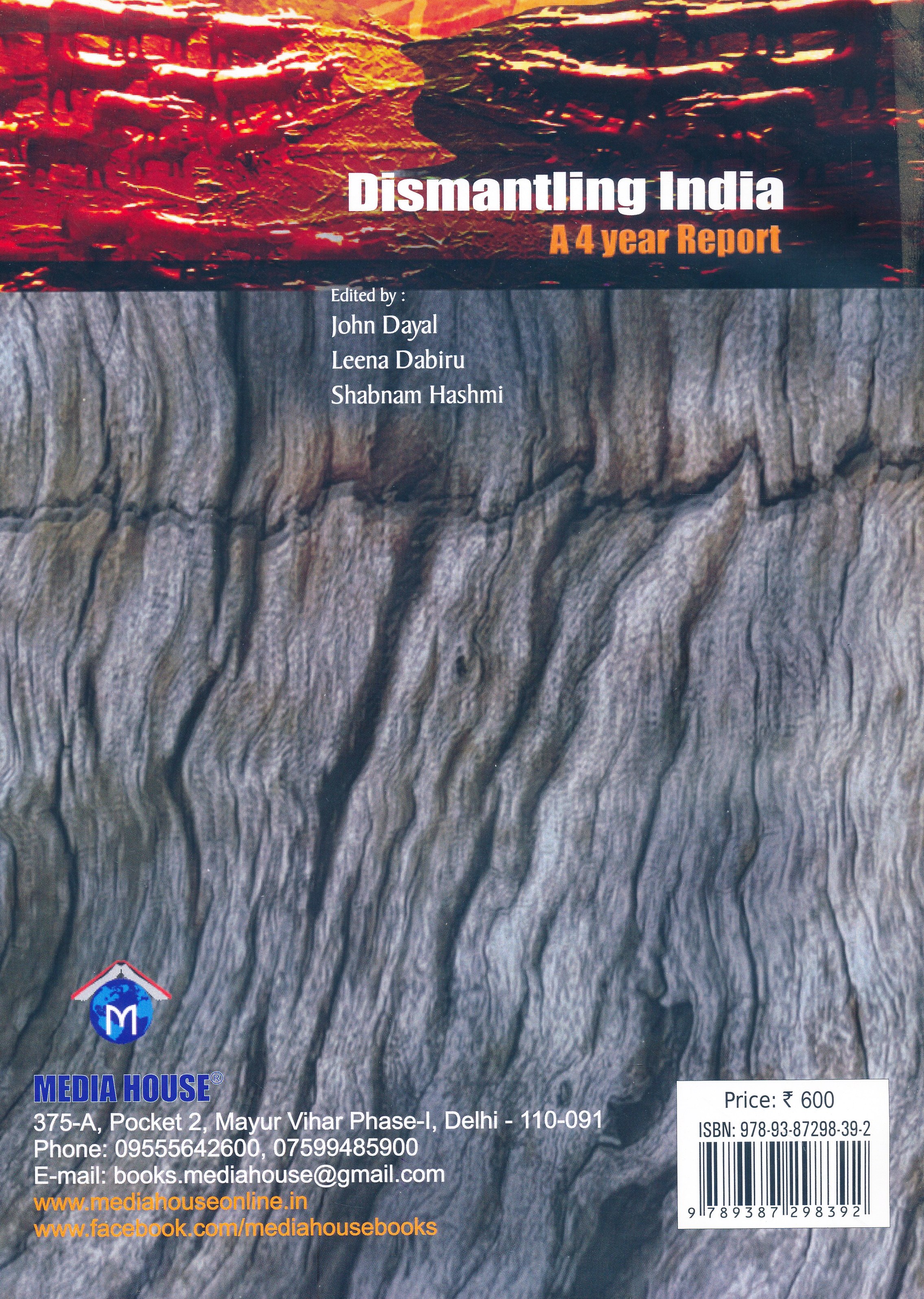
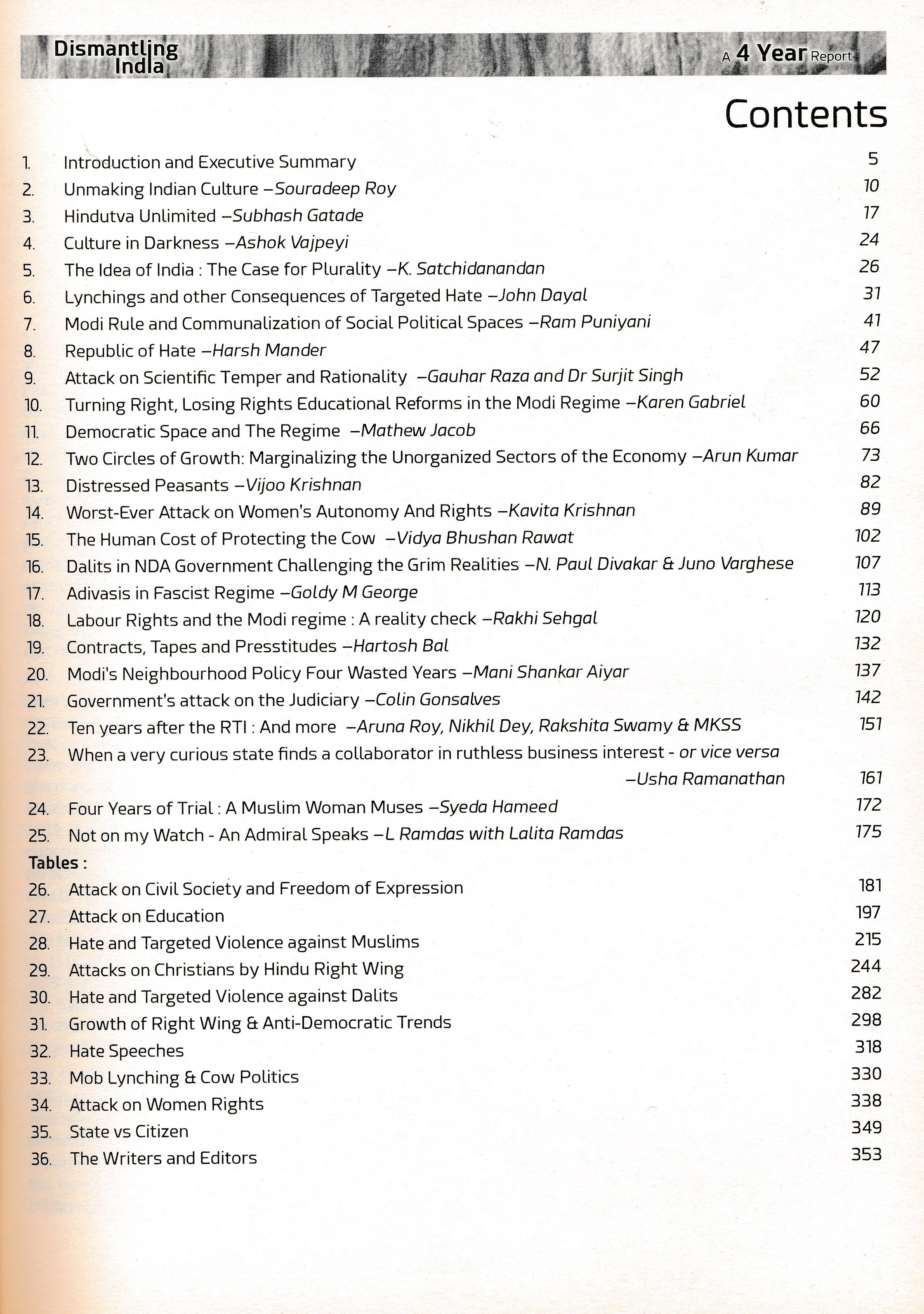
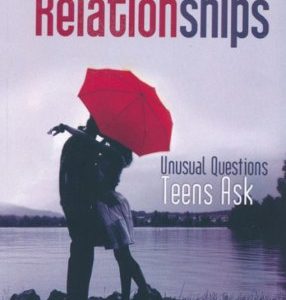
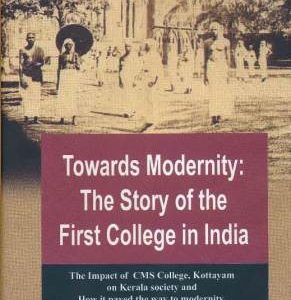
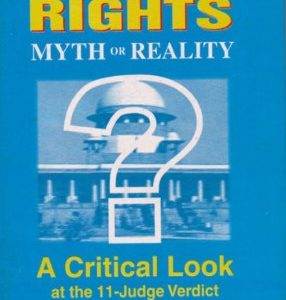
Reviews
There are no reviews yet.